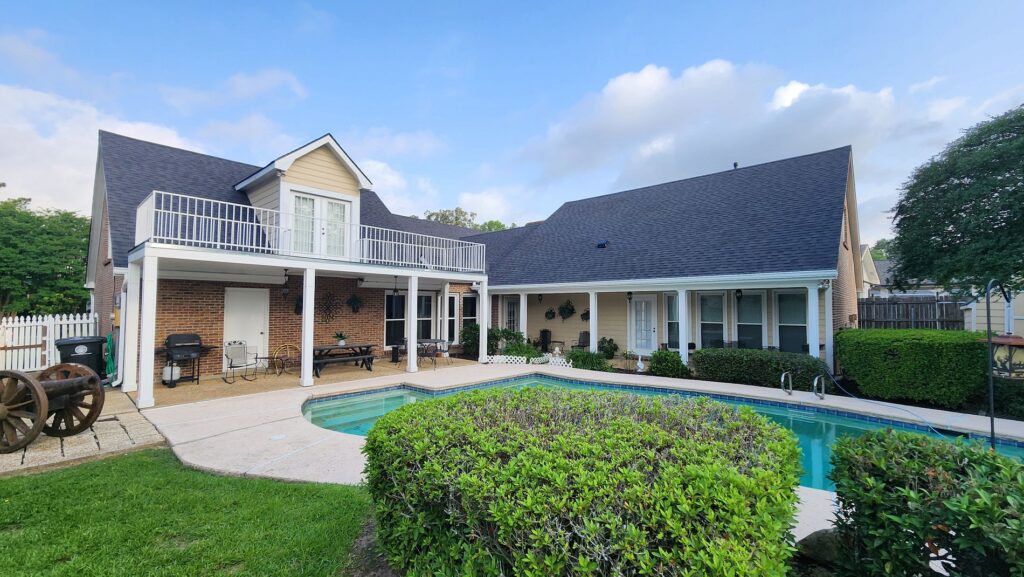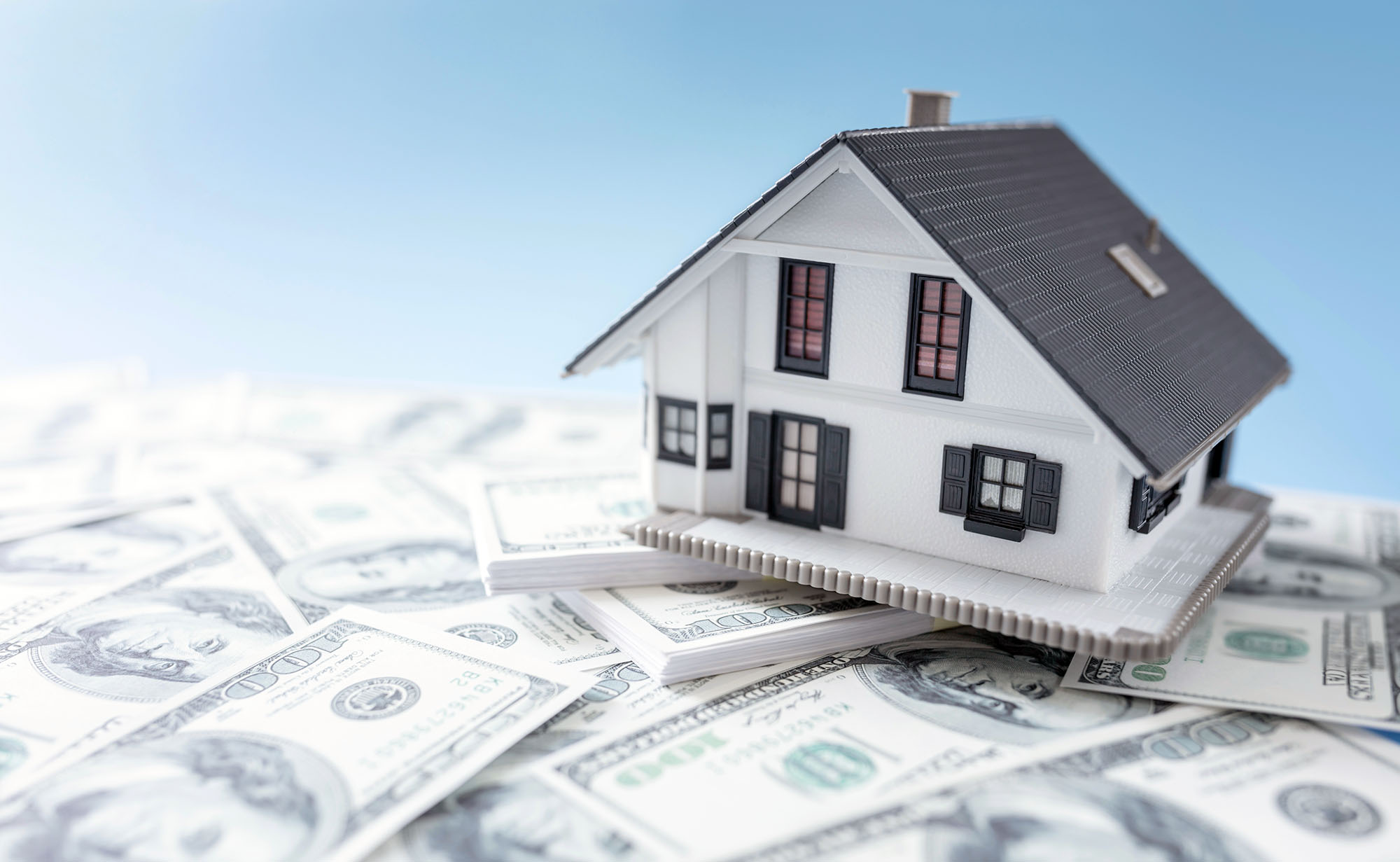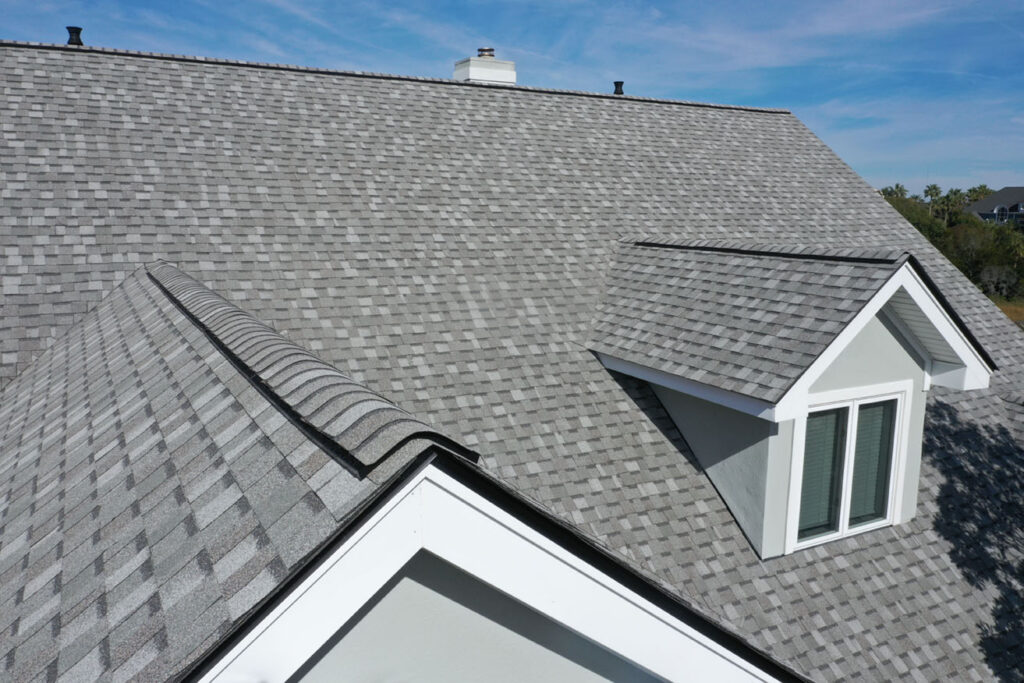The Importance of Roofing Investments: A Comprehensive Guide
A roof is not just a basic necessity. It is a significant investment that contributes to your property’s safety, efficiency, and aesthetic value. Understanding the difference between upfront prices and long-term costs is key to making informed decisions while navigating the complexities of roofing investments.
Understanding the Value of Roof Repair
Routine roof repairs are essential for maintaining the integrity of your building. Addressing issues early can prevent minor problems from becoming costly repairs. Timely fixes not only extend the lifespan of your roof but also protect your property from leaks, water damage, and structural issues. Factors like material type, damage extent, and roof age determine whether repair is the most cost-effective option.
Why Roof Inspections Matter
Routine inspections are crucial for identifying potential problems before they escalate. A professional inspection provides clarity on your roof’s condition, guides maintenance plans, and ensures you’re prepared for insurance claims, especially after storms.
Choosing the Right Roofing Contractor
Selecting the right roofing contractor is crucial to maximizing the value of your investment. An experienced contractor brings unparalleled expertise in roof repair, replacement, and maintenance, ensuring that each project is completed to the highest standards of quality, efficiency, and precision. Their commitment to excellence guarantees that your roofing needs are met with attention to detail and long-term durability.

Cost vs. Value in Roofing
Cost vs. value requires careful considerations. The cheapest options may not always be the best solution, and the most expensive options may not always offer the greatest value in the long term. Instead, consider:
- Material costs: High-quality materials may have a higher initial cost but offer superior durability and longevity, reducing the frequency of repairs or replacements. For example, while standing seam metal roofing is more expensive than traditional asphalt shingles, it can last up to 40 years or more with minimal maintenance.
- Installation costs: The expertise of the roofing contractor plays a critical role in ensuring the longevity of your roof. Opting for a lower bid may seem attractive, but it could result in subpar workmanship, leading to additional repair costs or premature replacement. Highly Skilled professionals ensure that every installation is done right the first time, providing greater cost-effectiveness over the long term.
- Energy efficiency: Roofs with effective insulation and reflective properties can significantly reduce heating and cooling costs. The initial investment in energy-efficient roofing materials will provide substantial savings on utility bills over time.
- Maintenance and repair costs: Regular maintenance can prevent expensive repairs. A well-maintained roof has a longer lifespan, offering better value for the money spent on upkeep.
- Resale value: A new or well-maintained roof can increase your building’s market value. A sturdy, reliable roof is a key selling point for prospective buyers and can potentially lead to a higher sale price.
- Warranty and lifespan: Consider the warranty and expected lifespan of roofing materials. A longer warranty and a greater lifespan can offset higher upfront costs, making it a wise investment.
- Insurance costs: A new or well-maintained roof can reduce insurance premiums,as insurers often view property with updated roofs as lower-risk properties.
Investing in high-quality materials, professional installation, and ongoing maintenance can yield significant returns through increased durability, energy savings, and enhanced property value. A highly trained roofing contractor should be committed to helping you make informed decisions that balance price with long-term value, ensuring that your roofing investment is both sound and rewarding.
The Long-Term Perspective
A roofing investment should not be a quick decision made in a quick moment. It’s about the total lifespan of your roof. Therefore, you should consider:
- Future cost savings: While a quality roof may involve a higher upfront investment, it will save money in the long run through fewer repairs and a longer lifespan. For instance, investing in durable materials can minimize the frequency and cost of repairs over time.
- Adaptability to changing conditions: A roof designed to withstand local weather conditions,whether it be intense heat or heavy snowfall,can prevent premature wear and tear. This adaptability not only protects your property but also reduces unexpected repair costs caused by severe weather.
- Energy cost reduction: A roof that enhances energy efficiency can lower heating and cooling costs. Over time, these savings will more than offset the initial investment in high-quality roofing materials and professional installation.
- Peace of mind: Knowing that your roof is strong, well-maintained, and protected provides peace of mind. This intangible benefit contributes to your overall sense of security, saving you from the stress of unexpected repairs.
- Impact on property value: A well-maintained roof enhances your property’s resale value. A roof that has been replaced or carefully maintained signals to prospective buyers that the home has been properly cared for, which may result in a higher market value.
Remember, the least expensive option today may not always be the most economical in the long term. A broader perspective is needed to consider future savings, durability, energy efficiency, and overall property value. Contact us today or give us a call at (225) 364-1007 to find a contractor who advocates for this long-term approach to ensure your roofing investment benefits both your immediate needs and your property’s future.

